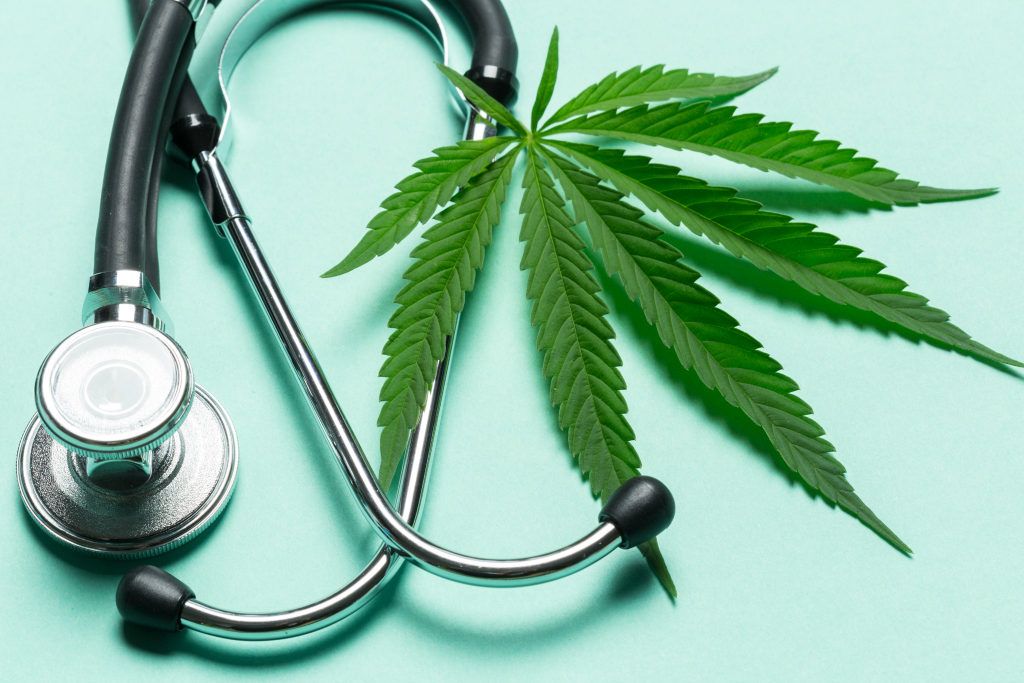Medical Marijuana in the Philippines
Medical marijuana may not be popular in the Philippines, but it may actually be seen as “legal” with RA 9165. Read more on our country’s state with regards to medical marijuana here!

Over the past few years, marijuana may have been painted in a bad light primarily because of President Rodrigo Duterte’s Drug War campaign. More than thousands have been killed and arrested for anything to do with illegal drugs, and this may have affected how people view drugs, including medical marijuana.
Medical marijuana is when one uses the whole unprocessed marijuana plant or basic extracts to treat symptoms of various illnesses and conditions. Although it is not practiced widely, Senate President Vicente Sotto III said last December 17, 2018 that “there is no need for a law legalizing medical marijuana in the Philippines as it is allowed already.”
Republic Act 9165, or the Comprehensive Dangerous Act of 2002, states in Section 2 that, "the government shall pursue an intensive and unrelenting campaign against the trafficking and use of dangerous drugs and other similar substances through an integrated system of planning, implementation and enforcement of anti-drug abuse policies, programs, and projects.”
"The government shall however aim to achieve a balance in the national drug control program so that people with legitimate medical needs are not prevented from being treated with adequate amounts of appropriate medications, which include the use of dangerous drugs."
“Compassionate Use”
Sotto, who was the principal author of this law, states that the use of medical marijuana is allowed under “compassionate use.” An issue however, is that the term “medical marijuana” was not specifically stated in RA 9165. Sotto also cited a special permit from the Food and Drugs Authority allowing access to drugs and medicines not registered in the Philippines.
"In other words, in the Dangerous Drugs Act, combined with the FDA circular, we have a 'compassionate use' provision," the senator said.
According to Department of Health Administrative Order No. 4 s. 1992, the Bureau of Food and Drugs, which was the agency that preceded the FDA, "recognizes the need for drugs and devices product/preparation which are not registered or are in the process of registration in the Philippines by patients who are terminally or seriously ill."
The administrative order allows the agency to issue permits "granting a Specialized Institution and Specialty Society the privilege to avail of an unregistered drug and device product through a certain licensed establishment for certain kind/type of patients, specific volume and period."
The permit is allowed for patients with HIV-AIDS, cancer, or "life-threatening conditions." Doctors and specialists requesting this special permit are required to include the estimated amount of the unregistered drug the patient will need, the "licensed drug/device establishment through which the unregistered drug may be procured" and "the names and address of the specialists qualified and authorized to use the product."
Since marijuana is illegal in the Philippines, there are no registered sources or outlets to get them from. Despite Sotto’s insistence that medical marijuana is already “legalized” in the Philippines, the possession and use of marijuana is illegal in the Philippines and can be punished by life imprisonment and a fine of up to P10 million.
Palace is willing
In a media briefing, Presidential Spokesman Salavdor Penelo said that “[the President] is in favor of limited use of marijuana.” Duterte is said to favor the use of medical marijuana and is willing to sign and support any legislative measure regarding this.
Prior to his presidency, Duterte shared that he was actually supportive of the use of medical marijuana, as it is "an ingredient of modern medicine now." And early last December 2018, the President, in the middle of a speech, joked about his marijuana use— something that was criticized by numerous human rights groups and advocates.
Last September 2017, a House panel approved House Bill No. 6517 or the Philippine Compassionate Medical Cannabis Act, which seeks to legalize the use of marijuana for medical purposes.
Isabela 1st district Rep. Rodito Albano regrets how the Philippines missed out on being the first country in Southeast Asia to legalize the use of marijuana for medical purposes. The bill is currently on its second reading, pending before the House of Representatives.
